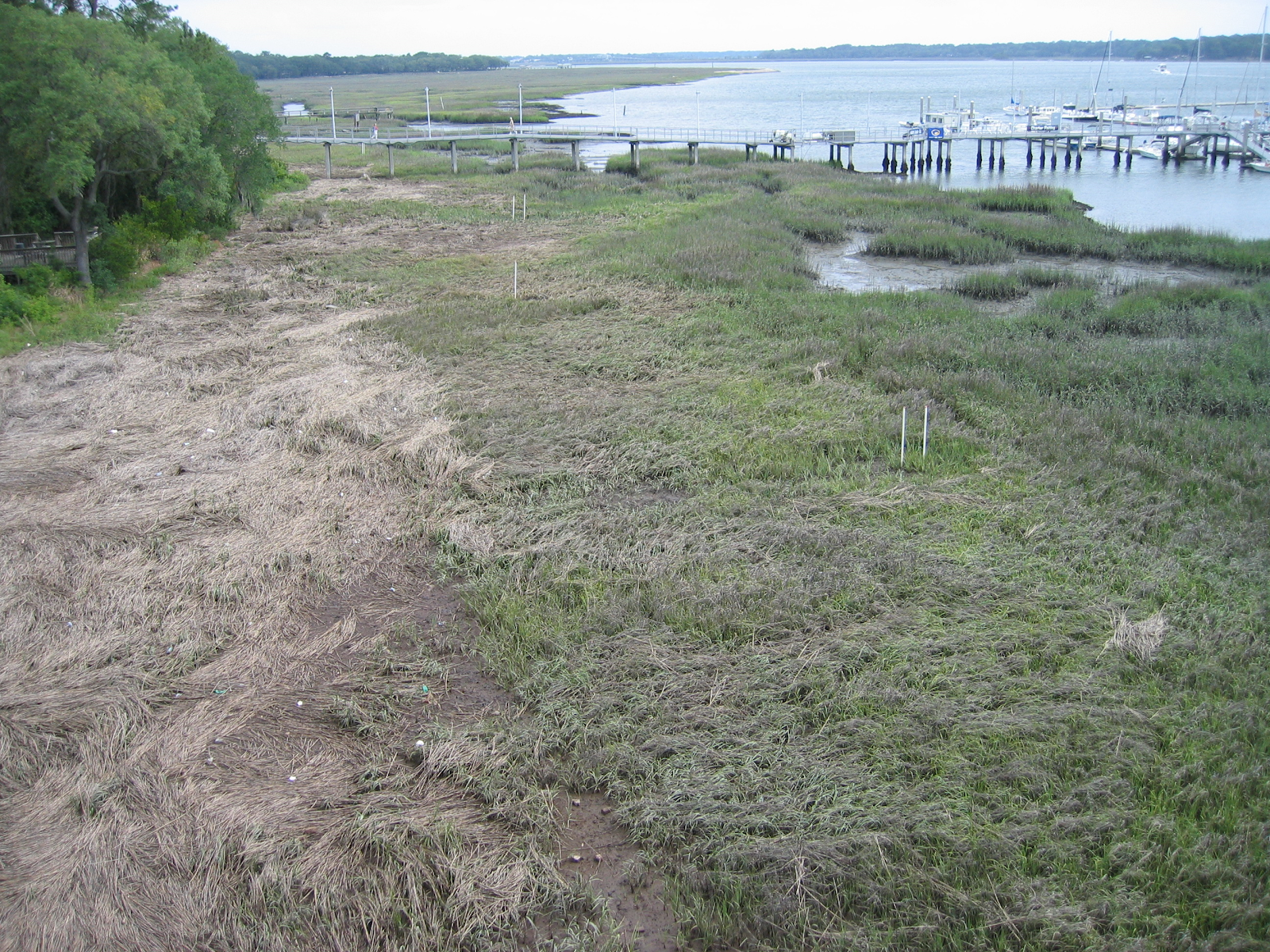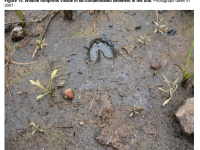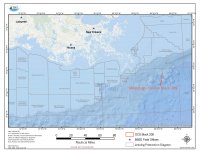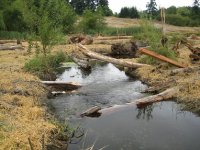Salt Marsh and Oyster Bed Restoration Projects Proposed for Hazardous Waste Site in Charleston, South Carolina
May 10, 2019
5/10/2019- The Department of Justice announced that a consent decree was lodged in the hazardous waste case of Exxon Mobil Former Fertilizer Plants. in Charleston, South Carolina.
The proposed settlement includes approximately $6.3 million to implement a marsh restoration project and restore oyster reefs. By bolstering marsh habitats and oysters, which improve water quality, the trustees will benefit the ecosystem from the bottom-up.
The public is encouraged to review and comment on the consent decree through June 7th to USDOJ.
Trustees cooperated with ExxonMobil to conduct assessment and clean-up at the same time. This allowed for restoration-based compensation to emerge earlier in the process.
In the 1880s the phosphate fertilizer industry was arguably the largest industry in South Carolina, but the negative impacts of commercial fertilizers were unknown. Phosphate fertilizer production contaminated industrial sites with sulfuric acid, lead, arsenic, copper, mercury, and zink.
Pollutants were transported from the industrial sites through surface and groundwater. Around 100 acres of saltmarshes and the Ashley and Beaufort Rivers were impacted. These contaminants have been shown to cause a range of toxic responses in marine and estuarine life, including increased mortality, developmental problems, and reproductive problems.
The impacted estuarine areas are home to many species that are important both culturally and economically. These include: penaeid shrimp, eastern oyster, drum, blue crab, and many kinds of fish. There are also several anadromous species, including American shed, blueback herring, striped bass and the endangered shortnose and Atlantic Sturgeon.
The settlement also includes reimbursement for NOAA’s, DOI’s and South Carolina’s past costs of developing the claim.
By working in partnership with the responsible party to restore injuries from historic pollution, NOAA and co-trustees can restore habitat for fish and shellfish faster. The plan strives to ensure that the future of Charleston’s coastal ecosystem, economy, and recreational opportunities have a bright future.
The public can view and comment on the proposed consent decree through June 7th, 2019.
For more information, please contact Howard Schnabolk at howard.schnabolk@noaa.gov.






